As I enter my 50th year of watching the Shots it’s hard to believe that I’m married to someone who has never been to a football match. Someone whose only soccer anecdote is based on the Allied Forces drawing 4v4 with Germany in about 1943, just before the D-Day Landings. Images in her mind framed by the many famous players and coloured so vividly by Pele’s spectacular equaliser…..and with the added value of a rare Bobby Moore goal.
And as she frequently tells me, ‘Sylvester Stallone was a ‘legend’ in goal for the Allies and Osvaldo Ardiles so ‘cheeky’ in midfield.’
Bobby Moore staged his farewell performance in London on May 7th 1977, 11 years after lifting the World Cup.
And as if to record his famous No. 6 for posterity, Fulham scored precisely that number of goals against Leyton Orient, conceding only one in reply. Then with a turn and a wave to acknowledge his standing ovation, he was down the tunnel and into the bar above The Cottage.
That was his 999th game in senior football and with such an ordered mind Bobby could never have rested easily had he left it there. So to round it up to 1000, Robert Frederick Chelsea Moore played at Blackburn the following Saturday in Fulham’s last match of the season.
And as the curtain came down for the final time on a glittering career Bobby waited for the overtures that would surely follow.
Many months elapsed without the slightest hint of a realistic offer of employment……then along came John Huston and the opportunity to ‘play’ alongside Michael Caine in ‘Escape to Victory’.
The movie, shot on location in Hungary, cannot be compared in any way to the ‘Shawshank Redemption’ - a powerful story of hope, friendship and strength. Indeed ‘Escape to Victory’ is simply an implausible film about a bunch of World War II prisoners using a football match against their German captors as cover for a break to freedom. Although most importantly, I guess, it did give Michael Caine the opportunity to tell Moore, ‘hit it long son….hit it bleeding long’.
So why did this film create such a lasting impression on my wife, giving her such a surreal football anecdote?
Find the answer to that question and you will be part way to solving my obsession with the Shots - a feeling so piquant that it delivered my car to Accrington on a freezing cold Tuesday night, when anywhere would be considered more appealing than the facilities offered by a stadium that was surely purchased from war-torn Beirut in about 1979.
The events of July 30th 1966 broke through all barriers to class and culture.
England awoke that day to the sight of Union Flags fluttering from every window. The pavements full of people hurrying about their business in advance of the afternoon kick-off. And as we all huddled around a flickering TV screen the country was united by the same apprehension. The memory of those intense stomach cramps still painful today, nearly 44 years later. And then with the curtains drawn tight in every household across the land, to keep the brilliant sunshine at bay, the game to beat all games commenced……
But by tea-time Moore was climbing the Wembley steps to receive England’s golden prize – the Jules Rimet Trophy. And what was Bobby worried about? His hands were dirty.
‘It had been a wet afternoon and when I got about two yards from the Queen I saw her lilywhite gloves. I thought: My God, my hands are filthy. All the front of the Royal Box was decked out in velvet and there am I more worried about scraping the mud off my hands on the velvet than getting hold of the World Cup’ – Bobby Moore (The Life and Times of a Sporting Hero).
If you ask my wife today, and this despite not having seen the final, to name the ’66World Cup Winners, she will get them all, with the exception of the quietly competent George Cohen, the world class Ray Wilson and the hard working Roger Hunt, a player who did so much to symbolise the brutalist architecture of the 60’s.
And so here we have a collection of sporting heroes whose story has undoubtedly been handed down from the increasingly distant past.
In Oxford English Dictionary mode this is truly a ‘legend’ in the making. And clearly in my wife’s eyes the efforts of the ‘famous eight’ can be accorded ‘legendary’ status.
The defining of ‘hero’ status is therefore quite simple and something that can endure the test of time – even for my art loving/football disliking wife.
But with the present day insatiable desire for ‘celebrity’, the colloquial use of the term ‘legend’ has become a cachet for any person granted sporting hero status, no matter how transitory.
In 1297 King Edward I was almost overthrown by his rebellious subjects, and was compelled to reaffirm the Magna Carta, which recognised the rights of nobility. Sir replaced ‘sire’ as the correct way to address the 6000 knights who made up the lowest level of nobility, and whose support he desperately needed to fight a war in France and to help suppress the Scottish rebel William Wallace.
Most of the other honours featured in the ‘list’ were founded in 1917, to recognise people who had contributed to the war effort but did not qualify for bravery awards. They of course include, in order of seniority, the CBE, OBE and MBE.
Bobby Moore, who so sadly died in February 1993, was awarded the OBE in recognition of lifting the World Cup in 1966.
Sarah Kate Webb joined the ‘OBE Club’ after winning ‘Beijing Gold’ in the Women’s Keelboat Yngling – an event so important to the world of sailing that it has been dropped from the London Games.
So perhaps we need just a bit more substance from our sporting heroes if they are to be bestowed the title ‘legend’.
Mother Teresa (26 August 1910 – 5 September 1997) was an Albanian Catholic nun with Indian citizenship who founded the Missionaries of Charity in Calcutta in 1950. For over 45 years she supported the poor, sick, homeless and dying – throughout India and then across the world.
Now, I have no doubt she was seen as a ‘hero’ by millions of people and undeniably her story has been handed down from the past – making her life’s work ‘legendary’.
But it seems to me the most important factor shaping her legacy for the world has been the ever increasing respect for the work….perhaps a more powerful image as a result of our combined memories than it ever was in reality.
Criticism of her writings suggesting a ‘crisis of faith’ and evidence that her public image was created primarily for publicity, despite her personal beliefs and actions, have all been summarily cast aside leading to the beatification of Mother Teresa in 2003, bestowing on her the title ‘Blessed’….all she needs now is a second miracle to proceed to canonization.
(Sir) Geoff Hurst said of Bobby Moore, ‘he made himself a great player and the bigger the stage, the better he performed. If the world had played Mars, he would have been man of the match’.
Moore was pretty hopeless in the air. He was slow off the mark and generally pedestrian about the pitch. His distribution was accurate but never incisive. He didn’t score many goals. And his private life was not as pure as the waters that burst forth from the volcanic mountains of the Auvergne. But then not one England defender, since those heady days of the late 60’s and early 70’s, has ever got close to the imperious presence of Bobby. As each new intake is presented to me, viewed and then assessed I simply ‘bring forward’ my memories of Moore….polish them up a bit and determine that not one will ever match ‘The Legend’.
Bobby Moore was a sporting hero who was respected throughout the world. But to bestow the title ‘legend’ does require more than simply evidence of ability and a current or earlier hero status.
Without doubt Moore enhanced the sport by his very presence……in fact an omnipresence that endured long after his retirement. And it continues to mature like a fine wine in an oak cask.
Therefore it is against this measure of emotional impact that each and every ‘hero’ must be tested.
And with the ‘passing hero’ of today John Terry soon to lose his England captain’s armband for topical misdemeanours maybe it is time for Bobby to perform that elusive second miracle just 44 years after his first……
Wednesday, 3 February 2010
Blessed Teresa of Calcutta - yes. Bobby Moore - yes. John Terry - no
Posted by
A Shot from Wales
at
21:56
![]()
Subscribe to:
Post Comments (Atom)






































































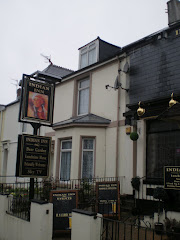


























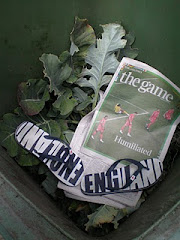







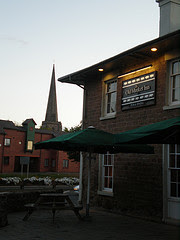










































































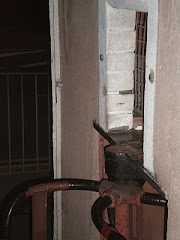
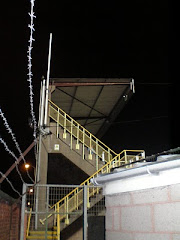

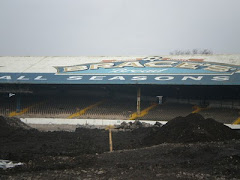

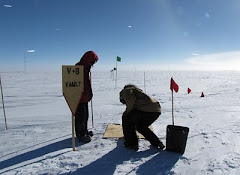


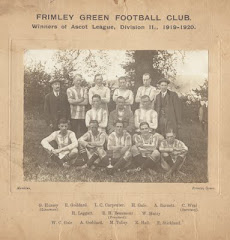
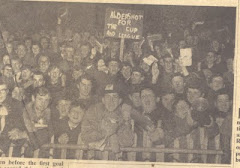
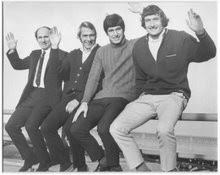

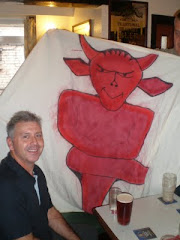

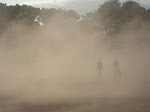

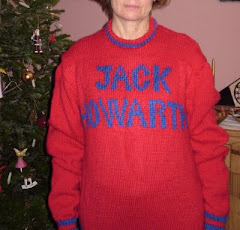















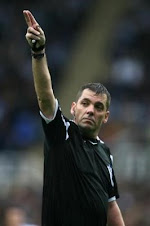
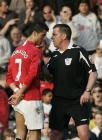



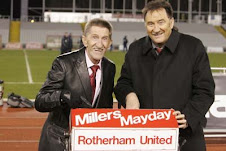



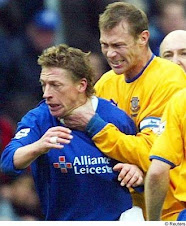



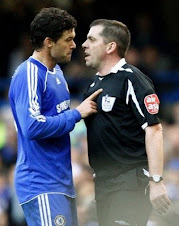





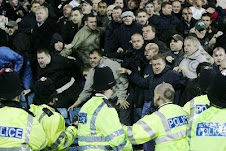



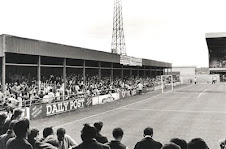












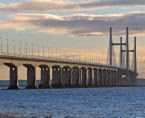



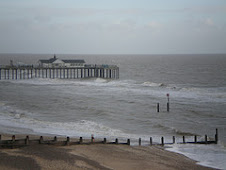





























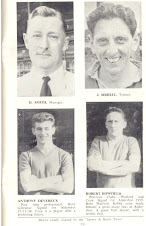
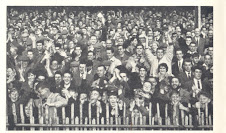


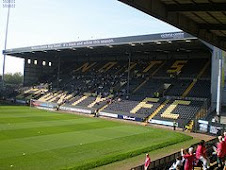





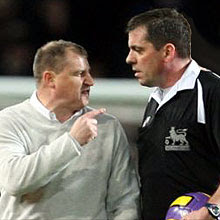








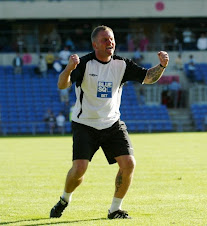






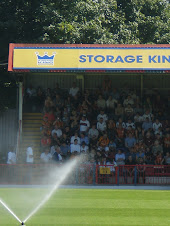

















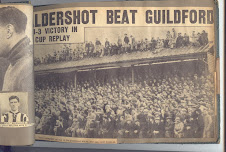



































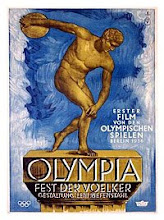

















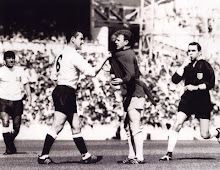








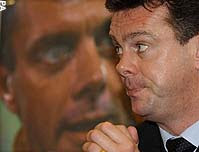






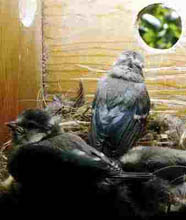








































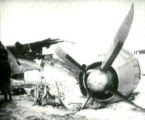










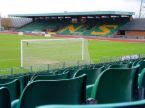


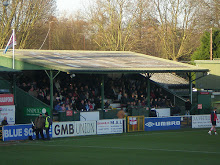
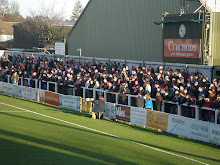
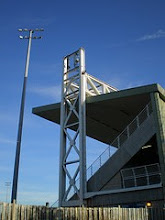



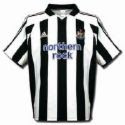

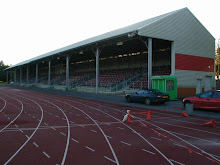







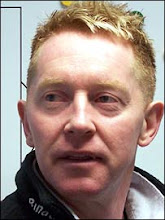





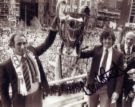
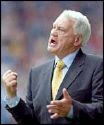










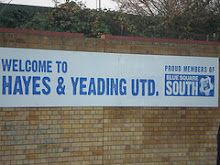
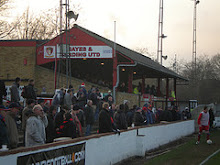
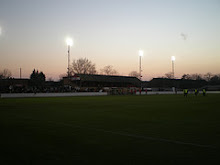



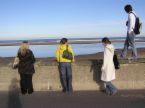
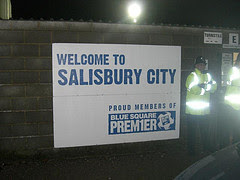
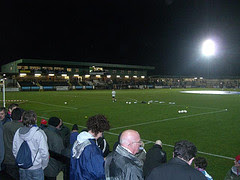
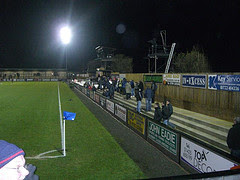


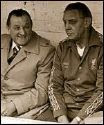

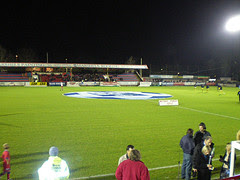
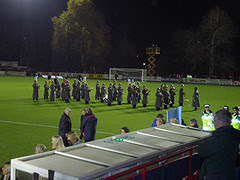



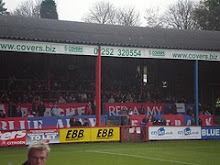












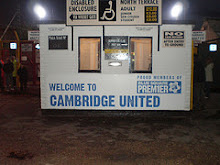
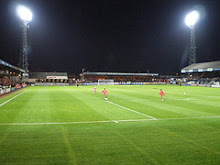
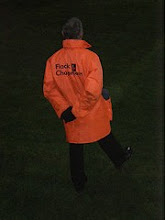





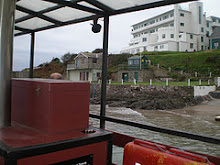
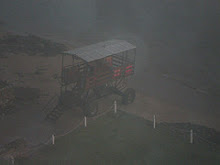
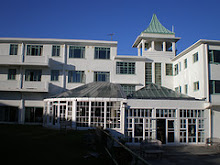


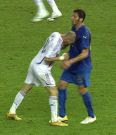













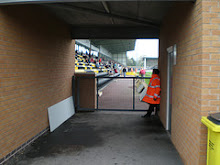
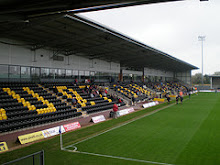

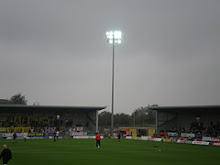






























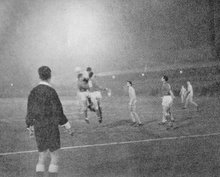



2 comments:
Sorry 'anonymous' but I do have editorial standards.....but thank you for returning to my blog....enjoy the rest of the season - ASFW
Post a Comment